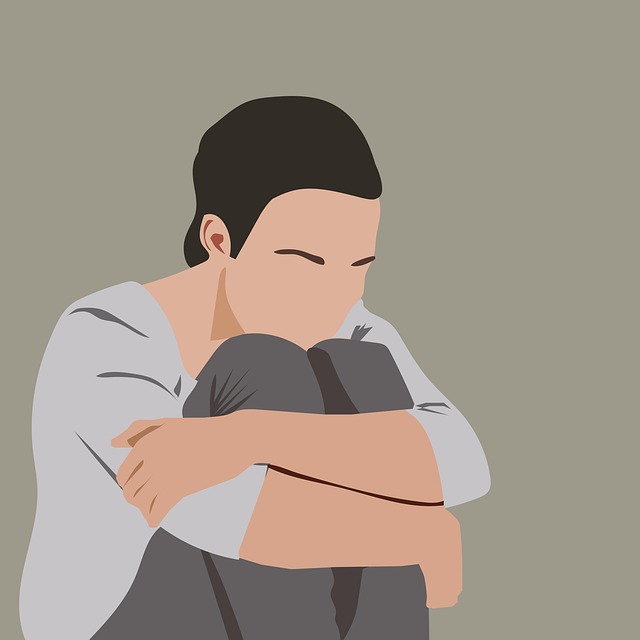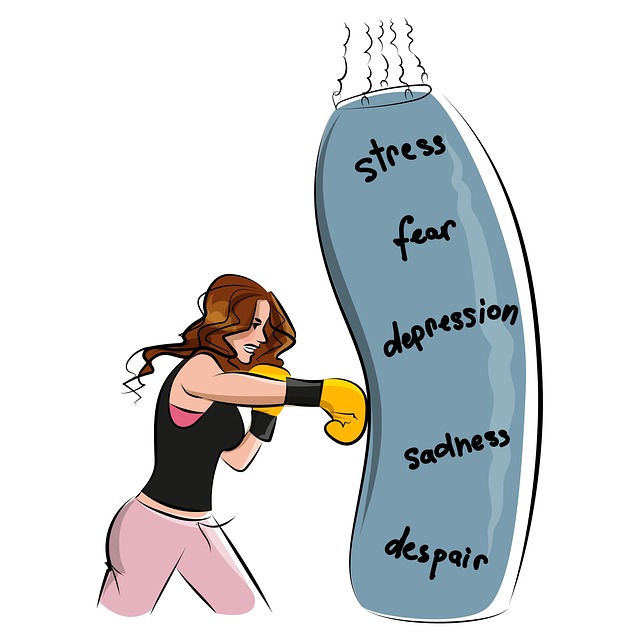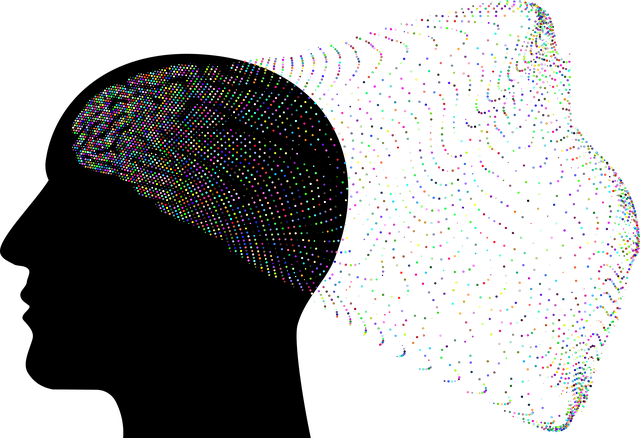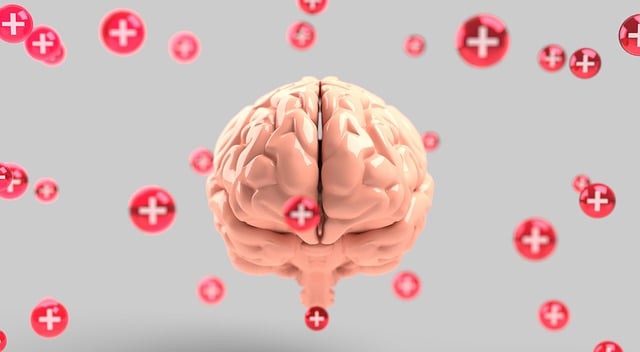TL;DR:
Post-Traumatic Stress Disorder (PTSD) among young adults, exacerbated by life transitions and trauma exposure, requires specialized therapy for young adults with PTSD. Key symptoms include flashbacks, avoidance behaviors, irritability, and mood/cognition changes. Effective treatments like Cognitive Behavioral Therapy (CBT) and Eye Movement Desensitization and Reprocessing (EMDR), combined with cultural sensitivity, reduce stigma and enhance care outcomes. Early intervention through these evidence-based therapies promotes positive mental wellness by equipping young adults with coping skills and building resilience for life's challenges.
Mental wellness promotion among young adults is a pressing issue, with post-traumatic stress disorder (PTSD) emerging as a significant concern. This article delves into the intricacies of PTSD in this demographic, highlighting the urgency of early intervention and support. We explore effective therapy approaches tailored for healing and growth, emphasizing resilience-building strategies to foster long-term mental wellness. By understanding these aspects, we can empower young adults to navigate life’s challenges with enhanced emotional robustness.
- Understanding Post-Traumatic Stress Disorder in Young Adults
- The Importance of Early Intervention and Support
- Effective Therapy Approaches for Healing and Growth
- Building Resilience and Promoting Long-Term Mental Wellness
Understanding Post-Traumatic Stress Disorder in Young Adults

Post-Traumatic Stress Disorder (PTSD) among young adults is a growing area of concern in mental wellness promotion. This condition often arises from traumatic events, such as accidents, violence, or natural disasters, and can lead to severe emotional and behavioral distress. Young adults, particularly those navigating life transitions like college or first jobs, may be especially vulnerable due to increased exposure to stress and potential trauma. Recognizing the signs of PTSD is crucial; symptoms include reliving the trauma through flashbacks or nightmares, avoidance of reminders, heightened irritability, and significant changes in mood or cognition.
Effective therapy for young adults with PTSD often involves specialized approaches tailored to their unique needs and experiences. Cognitive Behavioral Therapy (CBT) has shown promise, helping individuals challenge negative thoughts and behaviors related to the trauma. Additionally, Mind Over Matter principles can empower young adults to develop coping mechanisms and resilience. Cultural sensitivity in mental healthcare practice is also essential, as it ensures that treatment aligns with the individual’s background and beliefs, reducing the impact of stigma associated with mental illness.
The Importance of Early Intervention and Support

Early intervention and support are pivotal in the journey towards mental wellness, especially for young adults facing challenges like post-traumatic stress disorder (PTSD). The impact of seeking therapy at an early stage cannot be overstated; it offers a chance to disrupt the cycle of trauma and prevent long-lasting, detrimental effects on one’s life. Many young adults might struggle silently, carrying the burden of PTSD, which can manifest in various ways, from anxiety and flashbacks to anger management issues.
Therapy provides a safe space for individuals to process their experiences, develop coping strategies, and enhance self-esteem. Through evidence-based practices tailored to their unique needs, young adults can learn effective stress management techniques, build resilience, and regain control over their lives. The earlier support is offered, the more likely it is that these individuals will thrive, fostering a positive mindset and overall mental wellness.
Effective Therapy Approaches for Healing and Growth

The journey towards mental wellness often involves exploring various therapeutic avenues tailored to individual needs. For young adults grappling with post-traumatic stress disorder (PTSD), specific therapy approaches have proven effective in fostering healing and personal growth. Cognitive Behavioral Therapy (CBT) is a widely recognized method that helps individuals identify and change negative thought patterns, offering practical tools for managing trauma-related symptoms. By focusing on the connection between thoughts, feelings, and behaviors, CBT empowers young adults to challenge distorted perceptions and develop healthier coping mechanisms.
Additionally, Eye Movement Desensitization and Reprocessing (EMDR) therapy has emerged as a powerful ally in the treatment of PTSD. This approach facilitates the processing of traumatic memories, reducing their intensity and associated distress. Through guided eye movements or other bilateral stimulation techniques, EMDR helps individuals reprocess traumatic events, leading to significant improvements in symptoms and overall mental health awareness. Integrating these evidence-based therapies into treatment plans not only aids in stigma reduction efforts but also empowers young adults with the coping skills necessary for navigating life’s challenges effectively.
Building Resilience and Promoting Long-Term Mental Wellness

Building resilience is a cornerstone of promoting long-term mental wellness, especially for young adults navigating life’s challenges. Therapy plays a pivotal role in this process, offering specialized treatments like those tailored for Post-Traumatic Stress Disorder (PTSD). By addressing underlying issues and providing coping strategies, therapy equips individuals with the tools to bounce back from adversity. This resilience is crucial for managing stress, anxiety, and other mental health concerns that can arise during transitional periods or in response to traumatic events.
Self-esteem improvement, positive thinking, and mindfulness meditation are additional strategies that complement therapeutic interventions. These practices foster a sense of self-worth, promote healthier thought patterns, and enhance overall well-being. Integrating these techniques into daily routines enables young adults to build mental fortitude, further reinforcing their capacity for resilience. Ultimately, this holistic approach ensures a more robust foundation for sustaining positive mental health over time.
Mental wellness promotion among young adults is a multifaceted endeavor that requires early intervention, effective therapy, and building resilience. As discussed, understanding post-traumatic stress disorder (PTSD) in this demographic is crucial, with many innovative therapy approaches available to foster healing and growth. By implementing these strategies, we can significantly enhance the mental health landscape for young adults, ensuring they receive the support needed for long-term wellness. Therapy for young adults with PTSD should be accessible and tailored to their unique needs, ultimately revolutionizing their journey towards a brighter, more resilient future.








